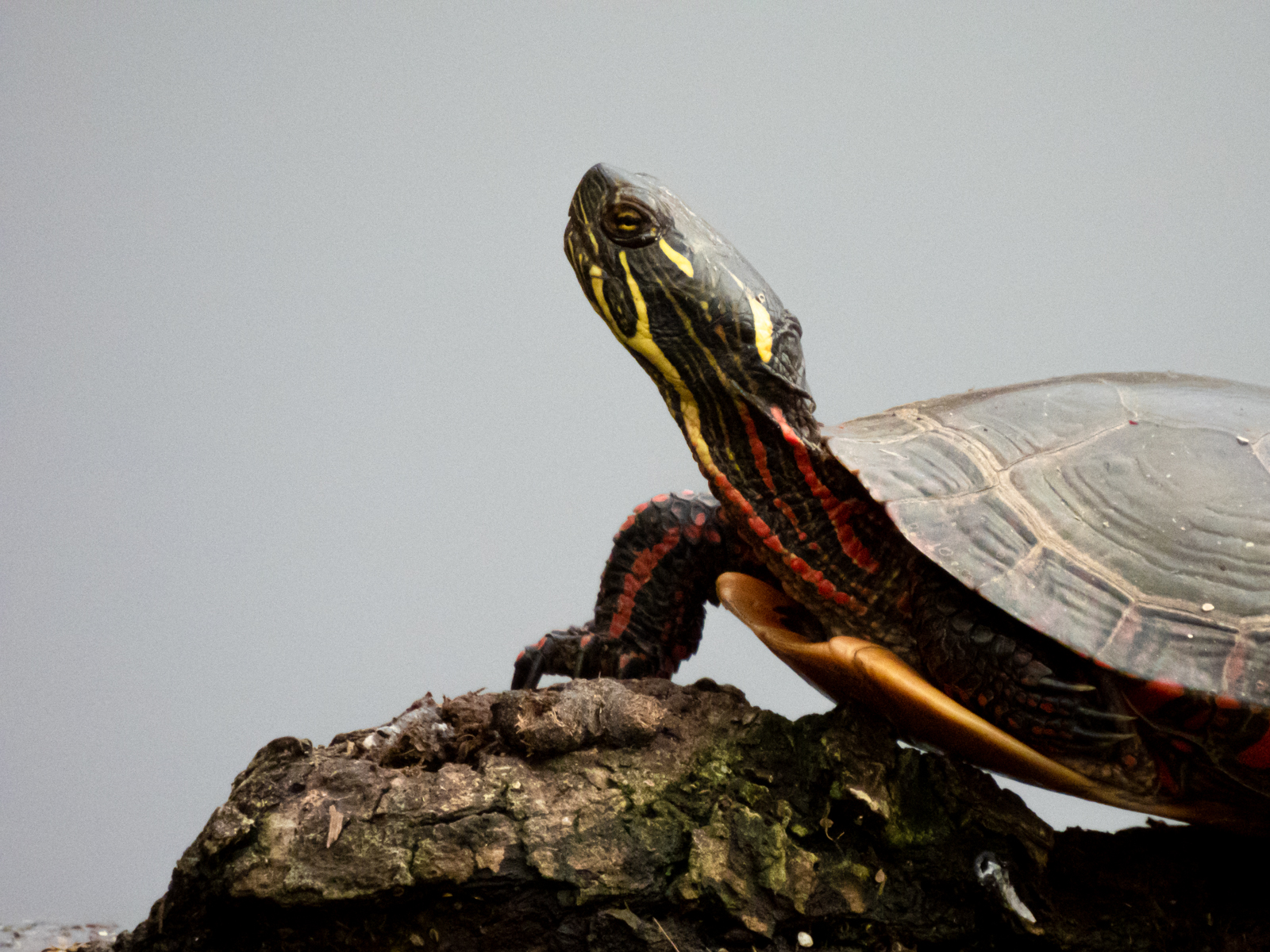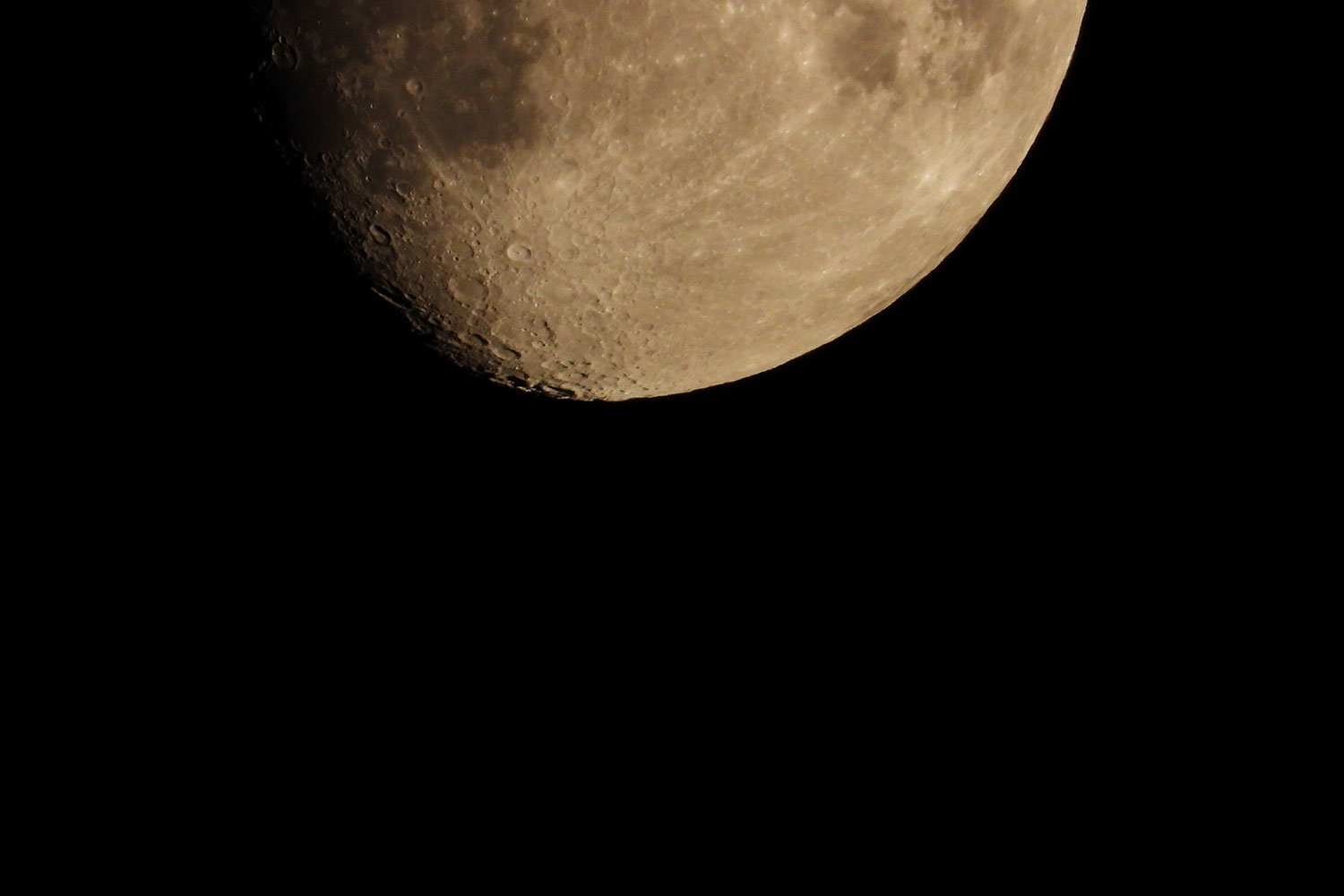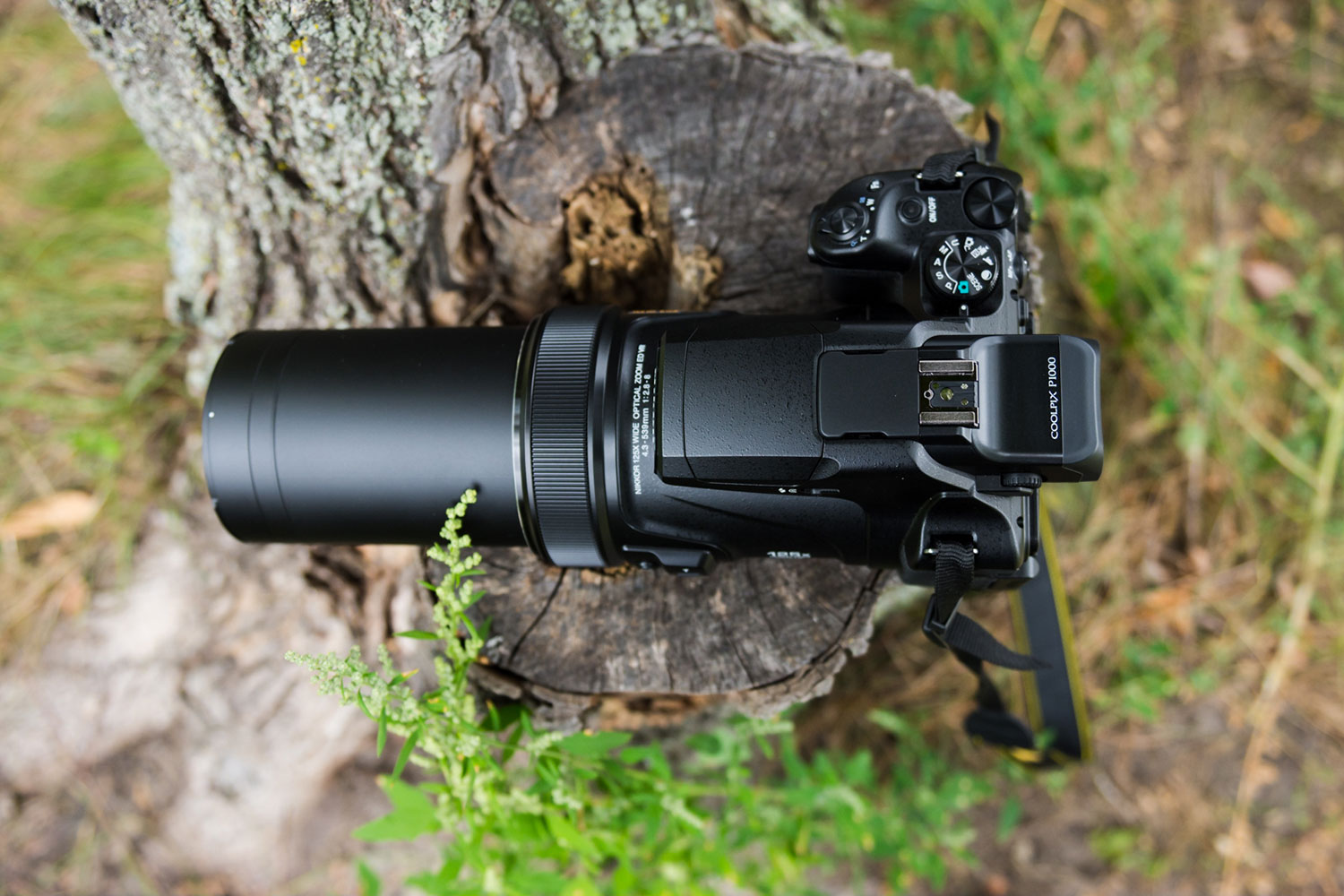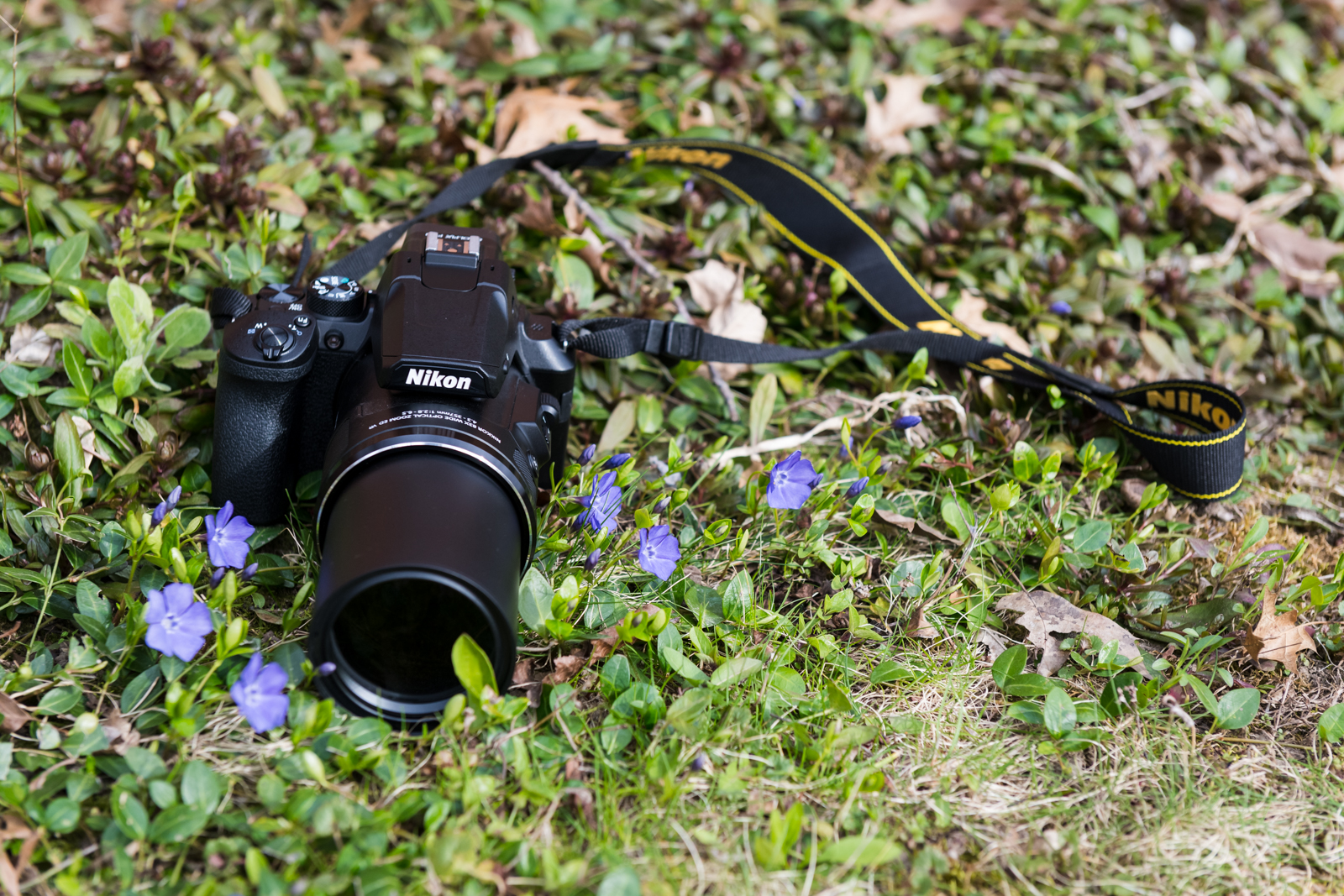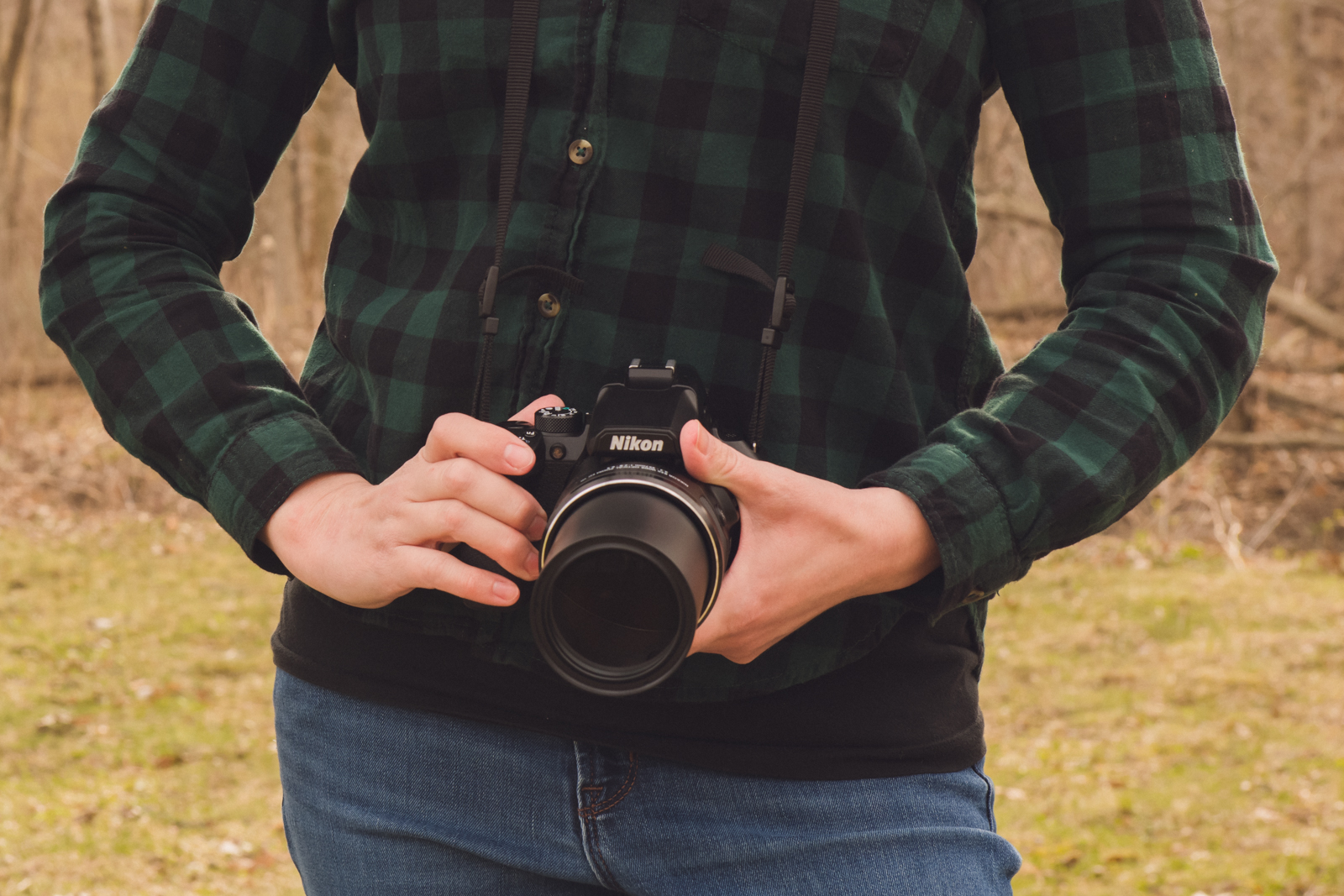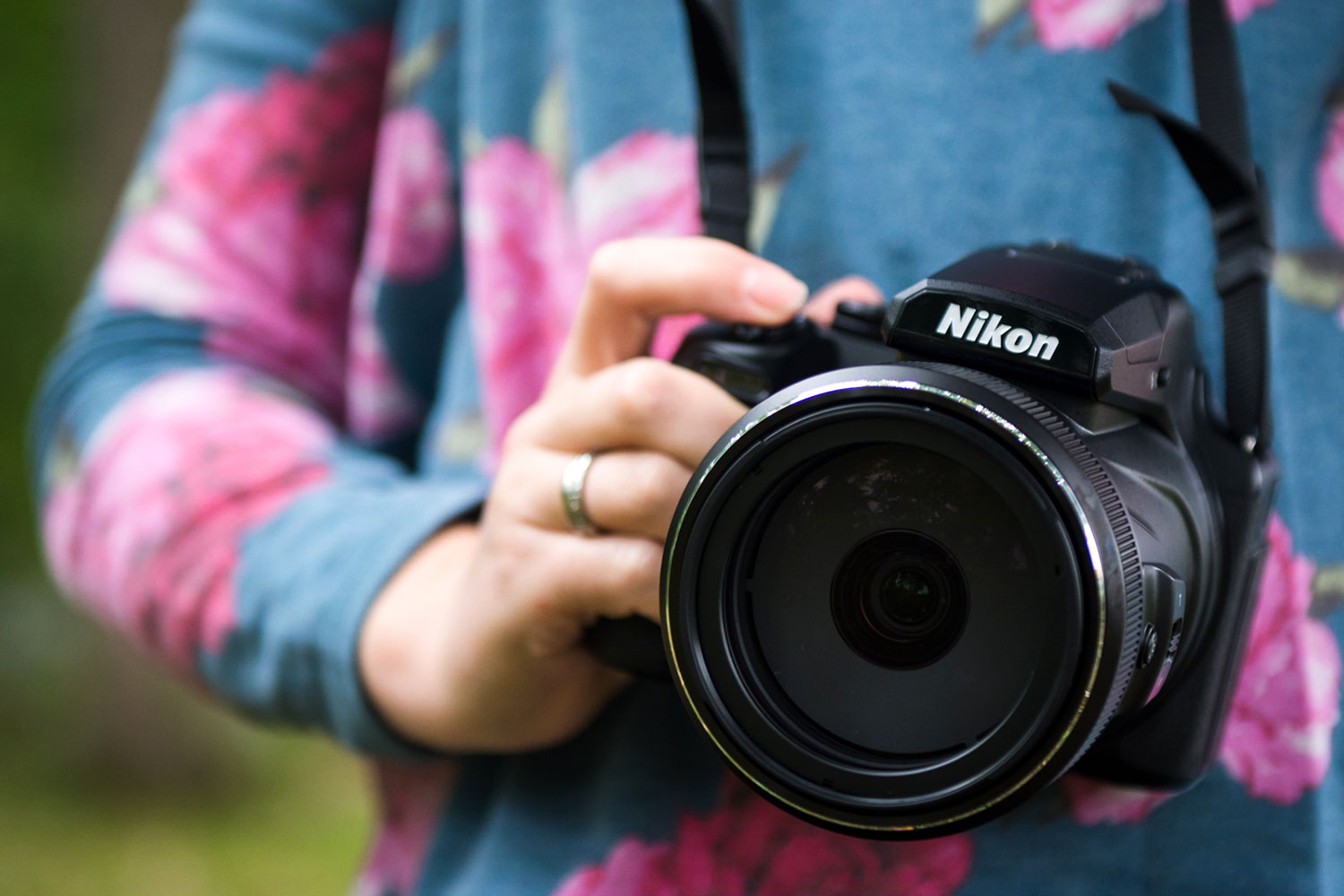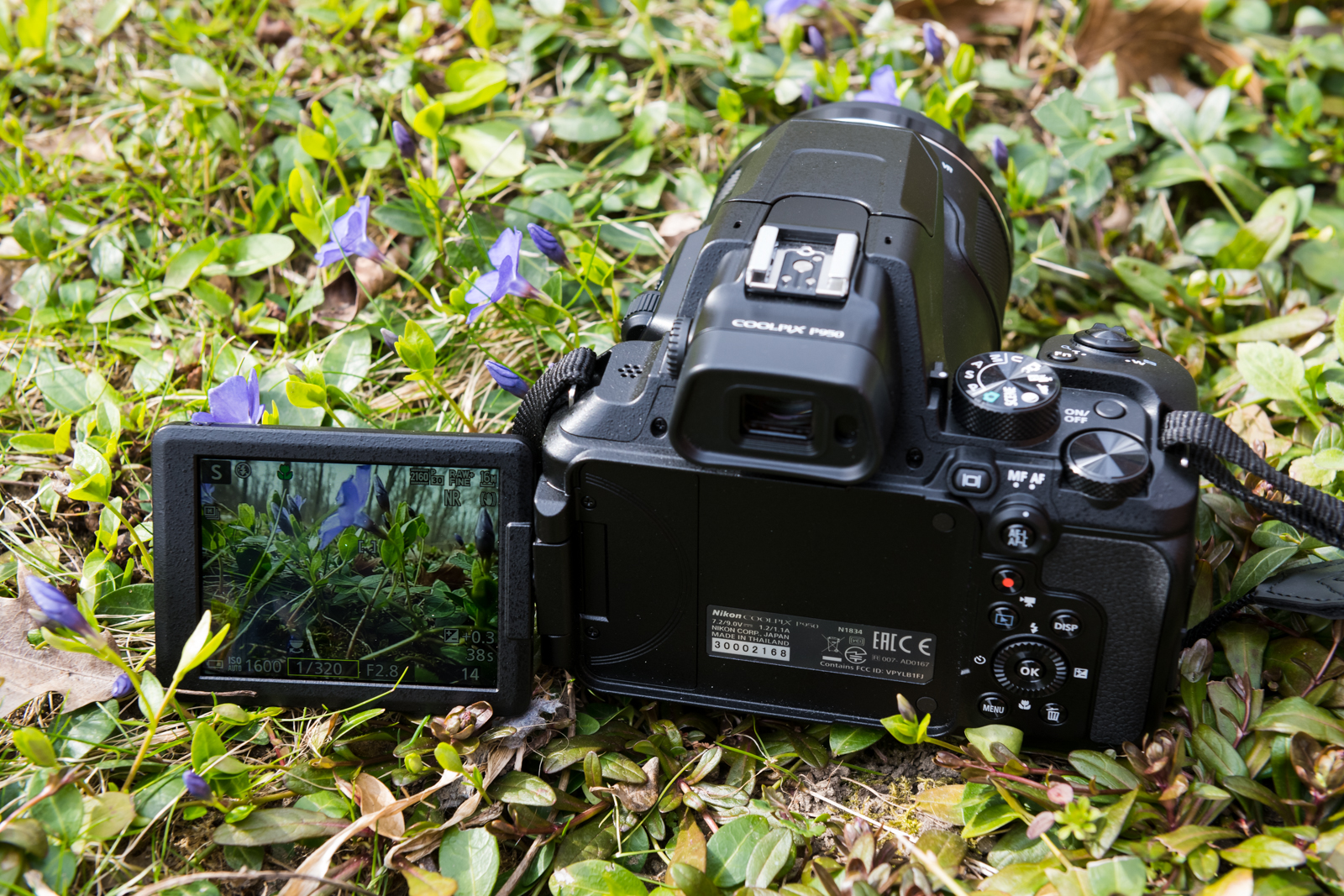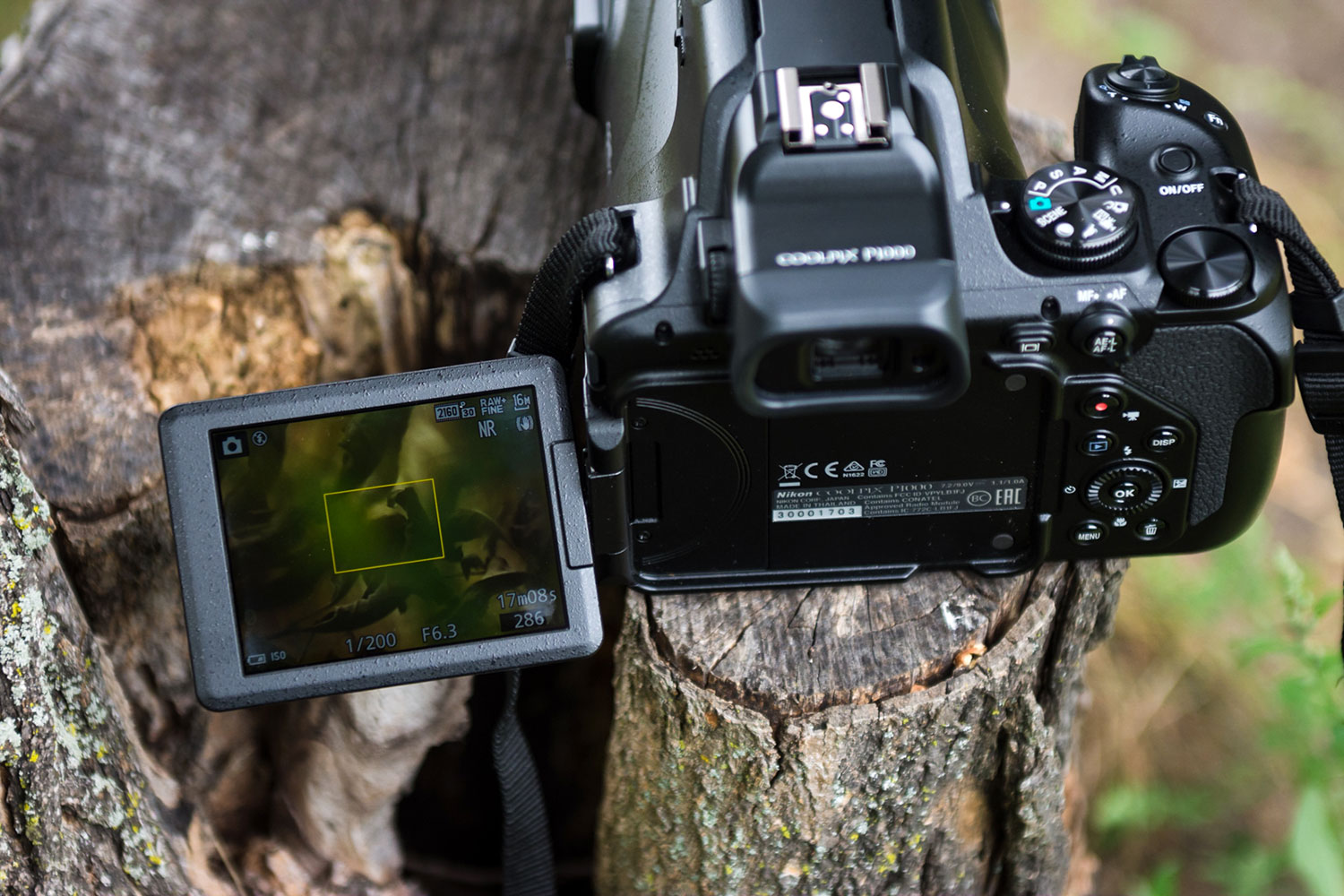The Nikon Coolpix P1000 boasts the most zoom range of any superzoom camera, hitting an impressive 125x optical zoom that’s good enough to see the craters on the moon.
The newer, cheaper Coolpix P950 brings an 83X zoom lens and stands alongside the P1000 as the budget-friendly option. Sporting much of the same features, the other differences between the P1000 and P950 can be hard to spot — but there are a few things to be aware of.
At a glance:
Nikon P1000
- 125x zoom
- 24-3000mm equivalent
- Weighs 49.9 ounces
Nikon P950
- 83x zoom
- 24-2000mm equivalent
- Weighs 35.5 ounces
Sensor and image quality
Despite the P950 being almost two years newer, both cameras use the same sensor. The 16-megapixel, 1/2.3-inch sensor is a run-of-the-mill sensor you could find in any point-and-shoot. It’s a far cry from the larger APS-C or full-frame sensors in Nikon’s DSLRs and mirrorless cameras. It might seem odd to have such a small sensor in such a larger camera, but that’s how these superzooms achieve their incredible optical reach.
It’s a compromise, but given what the camera is made for — getting up close — the sensor is not bad. Our real-world tests of both cameras produced good colors, and detail was decent considering the category and price range.
While the sensors between the two are the same, the P1000 has a slightly better flash that reaches a bit farther. The difference won’t be very obvious and will only come in handy on a few occasions, but it’s worth noting.
Lens
This is where the P1000 surges ahead. It uses a 125x zoom lens, which is equivalent to a 24-3,000mm lens on a full-frame DSLR. It allows you to photograph subjects that, to the naked eye, are just dots in the distance.
To be clear, you can’t actually buy a 24-3000mm lens for a DSLR because it would need to be the size of a truck, but that’s the range that’s packed into the P1000.
The P950’s lens is a bit shorter, at “just” 83x, or 24-2,000mm equivalent. That’s still a ton of zoom, perhaps not getting quite as close to craters-on-the-moon detail, but still plenty for most Earth-bound subjects.
Both lenses also start at pretty impressive f/2.8 apertures (at the wide end of the zoom). That’s pretty good, although we should note that the maximum aperture decreases as you zoom in, to f/8 on the P1000 (at 125X) and f/6.5 on the P950 (at 83X). That means that the cameras will perform better in low light with the lens in the widest position, but may need a tripod to shoot with all that zoom at dusk.
While the P950 is slightly brighter at full zoom, it’s not really an advantage. The P1000 will have a similar aperture at the 83x point in its zoom, too.
Speed
Neither camera is really designed for sports and action, but the newer P950 has a slight advantage. Both the P950 and P1000 can take photos at 7 fps, but the P950 can take 10 photos in a row before pausing while the P1000 can only take 7. That’s a minor difference, but it’s always annoying to have to wait for a camera to clear its buffer before you can continue shooting. The P950 is slightly less so.
Autofocus
Both the Nikon P950 and P1000 use contrast-detection autofocus, which works well when you have enough contrast, but it’s not as fast as modern phase-detection systems and won’t keep up for sports photography.
While similar, there are slight differences between the autofocus systems on the two cameras. The P950 has a few more focus area modes, including center spot, center normal, and center wide. That’s not a deal-breaker for the P1000, though, since a center focus point can simply be selected manually.
Both cameras also have a macro mode that enables autofocusing on subjects that are 0.4 inches from the lens. The P1000 has a wider standard focusing range that allows it to shoot closer before enabling macro mode.
Video
Just like with the identical sensor, the two cameras don’t differ on video. Both can shoot 4K video at 30 fps, or full HD at 60 fps. With any superzoom camera, you’ll want a tripod if you plan to shoot video while using that zoom.
Design
The Nikon P1000 looks very similar to the P950 in pictures, but the two actually feel quite a bit different. With the longer lens, the P1000 is almost a pound heavier and a bit larger in every dimension.
Besides size, the P950 also has a new exposure compensation dial on the side of the lens barrel. This control is easy to use, even for novices that do not understand manual modes, to quickly lighten or darken a picture. And while both cameras house the same battery, the P950 is slightly better at conserving it with a 290 shot battery life compared to 250 on the P1000.
While the size is quite different and the P950 has an additional dial, the two cameras share a similar control scheme. The larger body style feels more like a DSLR than a point-and-shoot, with a big, comfortable grip. Both also house the same electronic viewfinder and the same tilting LCD screen.
Which is right for you?
The major difference between Nikon’s top superzoom cameras is the longer lens, and associated extra bulk, of the P1000. The P950 doesn’t have quite as much zoom, but really, 83x zoom is still more than enough reach for most situations.
The other major difference is price. The Nikon P1000 lists for $996 while the P950 is $796. As an older camera, the P1000 may be more likely to see sales, however, driving the cameras closer in price — so check current prices before deciding between the two.
The cheaper, lighter P950 is probably the one most people should buy, but go with the P1000 if you really want the most zoom you can possible get in a camera.
